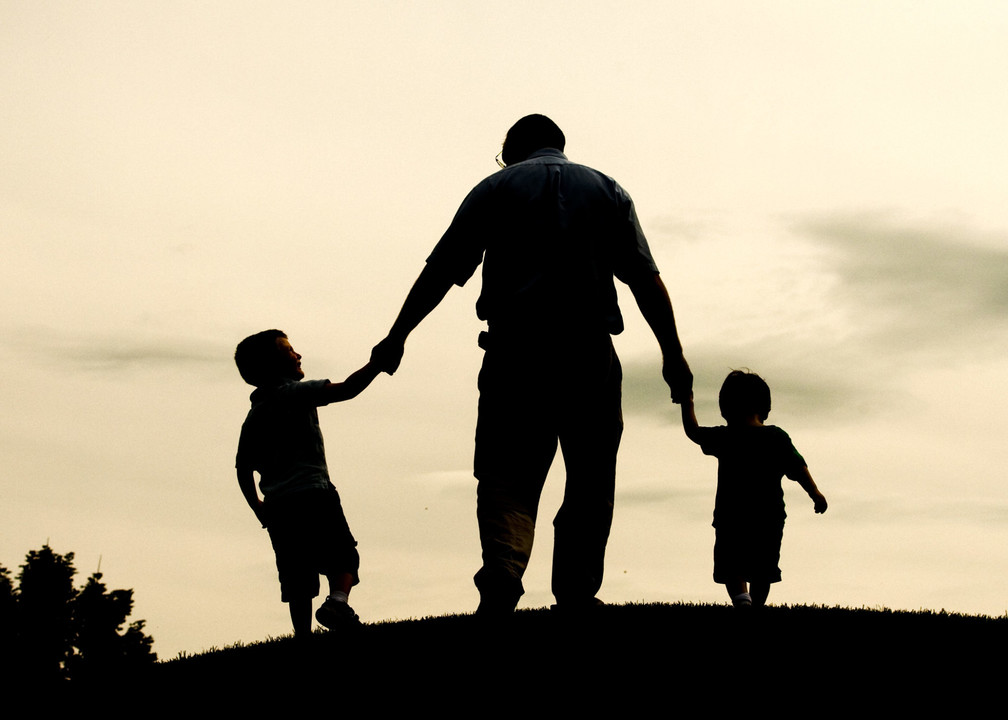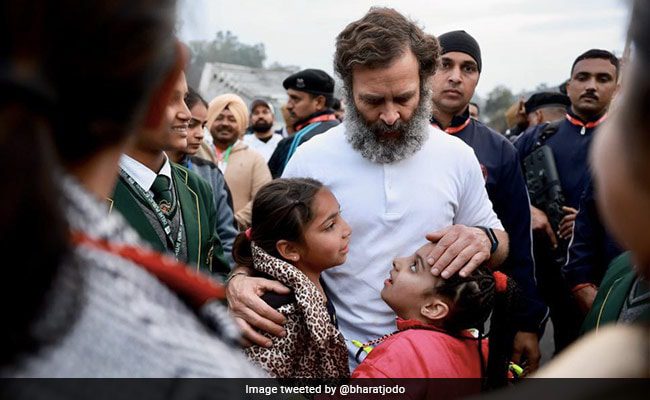The Silent Struggle of Fathers: Why We Must Redefine Their Role in Family Dynamics
By: Javid Amin
Fathers are often the unsung heroes of family life. Despite their crucial role as providers, caregivers, and emotional anchors, society often relegates them to the background. The contributions of fathers are frequently taken for granted, their sacrifices overlooked, and their emotional struggles minimized. Why does this persist? Why are fathers treated as secondary options in their own families? This article delves deeper into the silent struggle of fathers, exploring their unseen sacrifices, emotional distance, and the societal double standards that perpetuate this narrative.
The Invisible Backbone: Understanding the Role of Fathers
More Than Just Providers
For generations, fathers have been seen primarily as providers—the individuals who ensure the financial stability of their families. They wake up early, endure long hours at work, and navigate the pressures of demanding jobs. Despite these sacrifices, their efforts are often overshadowed by traditional gender expectations that cast them as mere earners.
Fathers’ contributions go far beyond financial support. They are mentors, protectors, and role models. They teach resilience, discipline, and critical life skills that shape their children’s futures. Yet, the societal lens often focuses solely on the nurturing role of mothers, leaving fathers in the shadows.
The Unseen Sacrifices
Behind every success story in a family is often the untold sacrifice of a father. Whether it’s working overtime to pay for a child’s education, foregoing personal dreams to provide stability, or silently bearing the weight of financial burdens, fathers frequently prioritize their families’ needs above their own.
Unlike mothers, whose sacrifices are often celebrated and acknowledged, fathers’ sacrifices are expected and normalized. This normalization minimizes their efforts and can lead to feelings of unappreciation and emotional neglect.
Breaking Down the Barriers: Why Emotional Distance Exists
The Stoic Archetype
Societal norms have long dictated that men must be stoic and emotionally reserved. This archetype of masculinity discourages fathers from expressing vulnerability or forming close emotional bonds with their children.
As a result, many fathers struggle to connect deeply with their families. They may feel emotionally distanced from their children, who, in turn, might perceive them as less nurturing or approachable. This cycle perpetuates the stereotype that fathers are secondary figures in their children’s emotional lives.
The Cost of Traditional Roles
Traditional gender roles often assign caregiving responsibilities to mothers, leaving fathers with limited opportunities to engage in nurturing activities. This division of labor not only deprives fathers of meaningful bonding experiences but also reinforces the notion that their primary value lies in their earning potential.
Double Standards: The Unfair Comparison Between Mothers and Fathers
Celebrating Mothers, Overlooking Fathers
It’s undeniable that mothers play a vital role in family life. However, the disparity in how society values mothers versus fathers is glaring. Mothers are often celebrated for their nurturing roles, while fathers’ contributions—both emotional and practical—are frequently overshadowed.
This imbalance is evident in pop culture, media portrayals, and even Father’s Day celebrations, which pale in comparison to the fanfare surrounding Mother’s Day. Such double standards not only undermine fathers but also perpetuate harmful stereotypes about gender roles in parenting.
Perception Versus Reality
While mothers are seen as the emotional anchors of families, fathers are often perceived as secondary caregivers. However, modern fathers are increasingly involved in their children’s lives, from attending school events to participating in bedtime routines. The outdated perception of fathers as distant or less nurturing fails to reflect this evolving reality.
The Call for Change: Redefining Fatherhood
Recognizing Fathers as Multifaceted Individuals
To truly value fathers, we must recognize them as more than just providers. Fathers are caregivers, mentors, and emotional anchors who play a pivotal role in their families’ well-being.
Encouraging fathers to break free from traditional gender roles can help foster stronger family connections. Fathers should be empowered to participate fully in caregiving and emotional nurturing without fear of judgment or societal backlash.
Creating Space for Emotional Connection
Families can create opportunities for fathers to bond more deeply with their children. Whether it’s through shared activities, open conversations, or simply spending quality time together, these moments can strengthen emotional ties and break down barriers.
How Society Can Support Fathers
- Promoting Positive Representations
- Media and pop culture should portray fathers as involved and nurturing, challenging outdated stereotypes.
- Campaigns celebrating fatherhood can help shift societal perceptions.
- Workplace Policies That Empower Fathers
- Implementing paternity leave and flexible work policies can enable fathers to spend more time with their families.
- Encouraging a work-life balance for fathers is crucial to redefining their roles.
- Community Programs for Fathers
- Parenting workshops and support groups can provide fathers with tools to navigate their roles effectively.
- Community initiatives can help fathers feel more connected and valued.
The Road Ahead: Building a Balanced Narrative
The silent struggle of fathers cannot remain unacknowledged. To create a more balanced and inclusive view of family dynamics, society must actively recognize and celebrate the contributions of fathers. This involves not only challenging traditional gender roles but also fostering environments where fathers feel appreciated and respected.
By valuing fathers as equal partners in parenting, we can build stronger families and healthier relationships. Let us honor fathers for all they do and ensure that their sacrifices and efforts are no longer invisible.
Bottom-Line
The journey to redefining fatherhood requires collective effort. By celebrating the contributions of fathers and dismantling harmful stereotypes, we can pave the way for stronger families and healthier relationships. Fathers are not secondary options—they are the backbone of their households, deserving of the same recognition and appreciation as mothers.
Let’s start the conversation today. Share this article, celebrate the fathers in your life, and help create a world where every father feels seen, valued, and respected.



